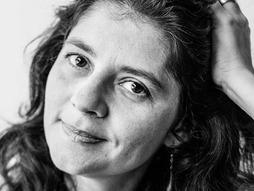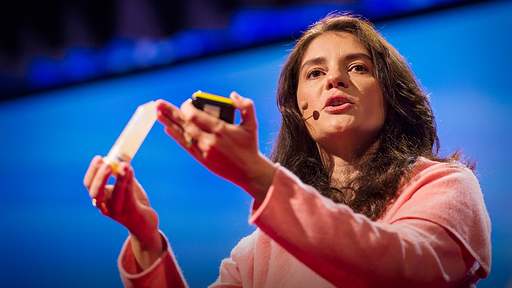Lessons from brain soup: Suzana Herculano-Houzel at TEDGlobal 2013
For decades, scientists said that the human brain contains 100 billion neurons. However, when neuroscientist Suzana Herculano-Houzel hunted for the source of this often-quoted number, she couldn’t locate one. So she set out to count herself … by making brain soup. She brings a vial of brain soup with her onto the TEDGlobal 2013 stage. This […]
Continue reading
